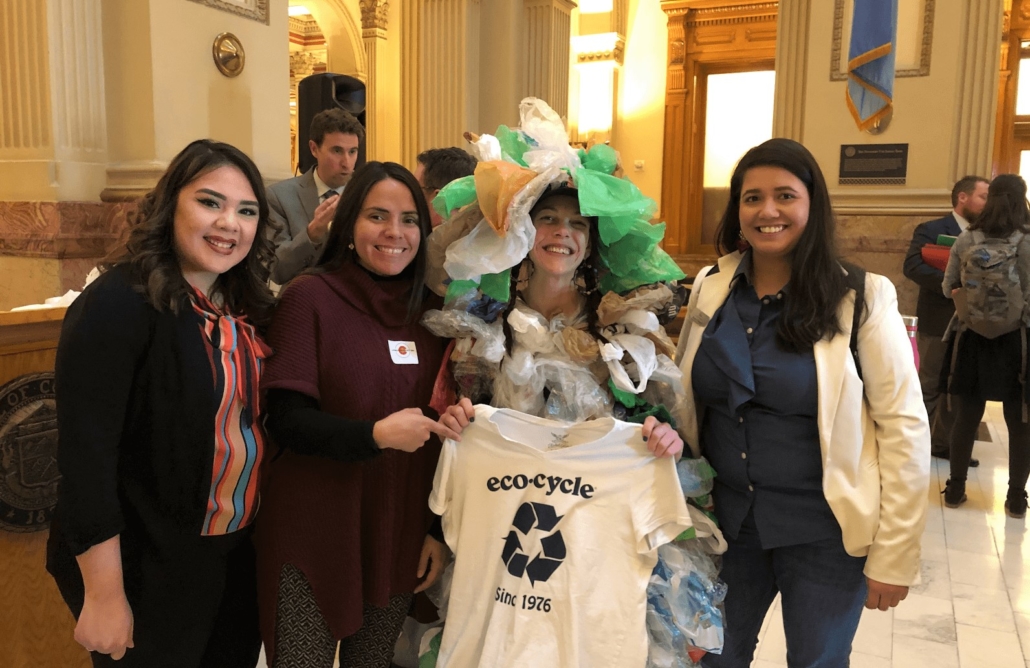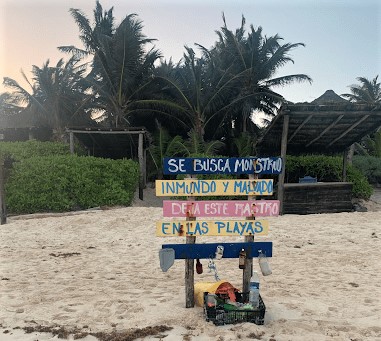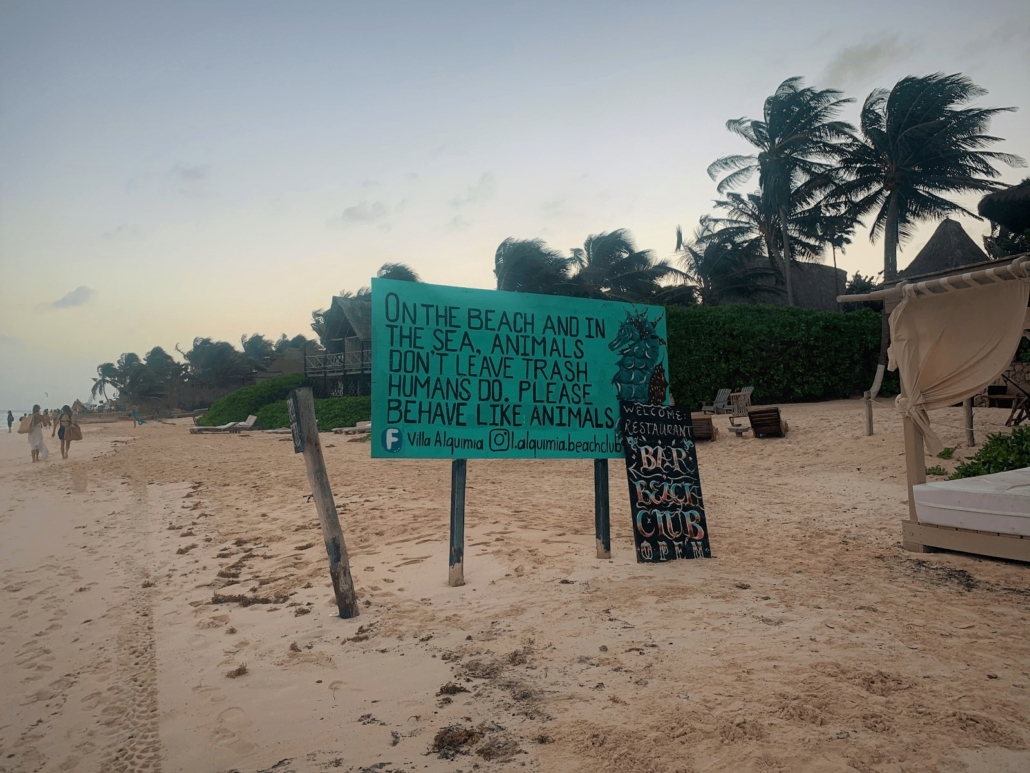Stop Plastic Pollution
For Our State, For Our Planet
By: Issamar Pichardo

Alexis (left), Finangi, and Issamar with an Eco-Cycle activist at the Colorado State Capitol
On Monday, February 24th, 2020, two plastics bills passed out of the House Energy and Environment Committee: HB20-1162 which bans polystyrene food containers for dining in or take-out and HB20-1163 which phases out multiple single-use plastic items. Issamar Pichardo, Protégete Community Organizer, shares why these policies matter to her as a traveler, environmentalist, and Latina.
For a long time plastic pollution has mattered to me as an environmentalist and as a citizen of the world. Every time I approach the recycling bin with plastic it is very complicated to decide whether or not it can be recycled. As I continue learning more about plastic, its lack of regulations, its environmental impact, and how some are carcinogens and have negative health effects, the more eager I am to take action.
HB 1162 and HB 1163 are steps in the right direction. If they pass into law, they will put Colorado on the path to reducing plastic pollution and therefore, our climate impact. And in other countries, plastic pollution reduction is already happening. Just this year, Mexico City officially banned plastic — all sorts of plastics including plastic utensils, straws, bags, and plates. There are multiple efforts that reduce waste in the city, like having locations to drop off plastic, cardboard, glass and other recyclables.

Issamar Pichardo, Jefferson County Protégete Community Organizer
But these efforts could not happen without pepenadores, the people that voluntarily work in landfills rescuing the materials that can be recycled, only getting paid for things they can rescue. Pepenadores are the most important part of the system.
While traveling the world, I am learning more about sustainable systems and the people who support their success. Ultimately, my travels have led me to understand that the problems my generation faces have no cookie cutter solutions, but that by learning from people around the world, we can move toward a future that works for everyone.
I recently traveled to Tulum to enjoy a sunny beach. As I walked miles by the ocean to relax, hear the sound of the waves, and feel the sticky salty breeze, I ended up more stressed watching how many plastic bags, plastic bottles, and pieces of hard plastic were being washed to the shore. As I traveled to Yucatan I could see that many small towns had trash everywhere, primarily plastic bottles.

A sign on the beach in Tulum reads: Wanted – Monster, filthy and evil. Leaves this trash in the beaches
We cannot afford to continue to take no action. The plastic industry cannot continue producing a material that is used for a few minutes and is impossible to get rid of. We cannot waste our time with temporary solutions in the face of this global problem.
When we consider where our plastics end up, we can’t count on other countries to accept our waste. China and India are not taking the trash of the US, now we consider sending it to Mexico, a country that has been the trash can for the U.S. for decades.
We should be accountable for the trash we are producing and address our plastic problem — it should not be out of sight, out of mind.

Colorado is lucky to have several locations that recycle materials such as aluminum and glass bottles, but unfortunately our recycling rate is very low. In addition to discouraging single-use plastics, we should educate the community on how to recycle and ensure access to recycling outside of Denver.
We need to go back to our ancestors’ lifestyle. As a Mexican, my great grandma used to take reusable shopping bags, a rag for the tortillas, glass bottle for the milk, and reusable hard plastic for sodas. We have an easier consumption lifestyle, but it’s costing the pollution of our environment, our wildlife, and our communities.





